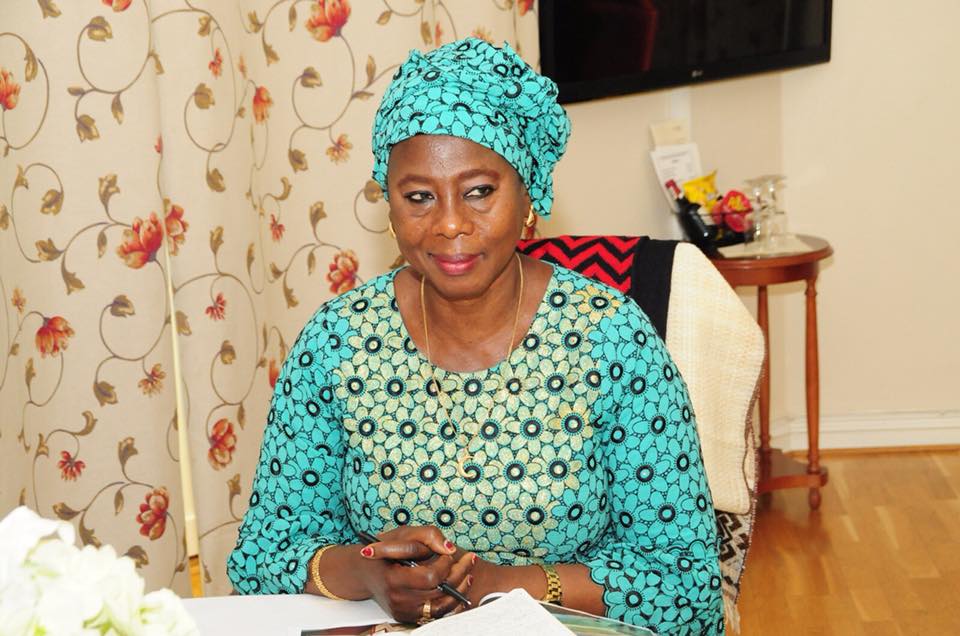By Sarata Jabbi
As The Gambia prepares to hold presidential elections on December 1st, 2016, a woman has for the first time in the country’s history expressed interest in contesting for the office of the president. Dr. Isatou Touray is a graduate of the University of Sussex and co-founder and head of the Gambia’s leading women’s right group, GAMCOTRAP which campaigns against harmful traditional practices including female genital cutting as well as advocating for women’s rights.

Photo Credit: Facebook
The significance and novelty of this development has engaged the attention of many Gambians on the social media, with many expressing the belief that Dr. Touray is a trustworthy and hardworking person whose election would translate to more development in the country.
In a telephone interview with her about her inspiration for contesting for presidency, this is what she had to say: “In the last two decades I have traversed the length and breadth of the Gambia, and met hardworking men and women and have heard their stories and aspirations. I have also heard their frustrations; and I am inspired and motivated by them the Gambians, by their desire for change in the face of immense economic hardship, and restrictions on our freedom and personal liberty”.
Touray’s candidacy is expected to change the outlook of The Gambia’s political landscape. She is popular with women and youth leaders, regarded a unifier and has great respect across the country.
Touray was in 2012 charged by The Gambia’s government for fraud but was acquitted and discharged by the courts. The Women’s Rights activist was said to be targeted after lobbying started for her to run for office in the country’s December 2016 polls. She will be officially announcing her candidacy on Friday September 2nd.
With a population of about 1.9 million people, the former British colony is a majority Muslim nation and President Yahya Jammeh has been accused of using Islam as a tool to play politics. Thus with the support of a council of top Islamic clerics, Jammeh declared The Gambia an Islamic Republic in 2015. One such cleric is Imam Abdoulie Fatty who, while acting as the Imam of the mosque in the president’s official residence, said a woman should not lead a country, especially a Muslim country. Such, he said, causes the country to regress. The cleric faced a lot of criticism from young people who regarded his comments as sexist.
President Jammeh, who seized power in 1994 as a young Lieutenant is facing an increasing opposition to his rule. At least two opposition officials have died in prison and more than 50 others including UDP leader Ousainou Darboe are being held for protesting to secure the release of their colleagues and demanding electoral reform.
Among the criticisms of Jammeh’s 22-year rule is the reported exponential increase in unemployment, leading many youths to embark on perilous sea journeys on the Mediterranean to reach Europe. Many have died in the process. Transparency and rights groups have accused Mr. Jammeh’s government of corruption, extra-judicial executions, arbitrary arrests and detentions, torture and subverting the rule of law. At least a dozen coup attempts have taken place during the two decades rule of Jammeh, the latest having taken place on 30th December, 2014.
